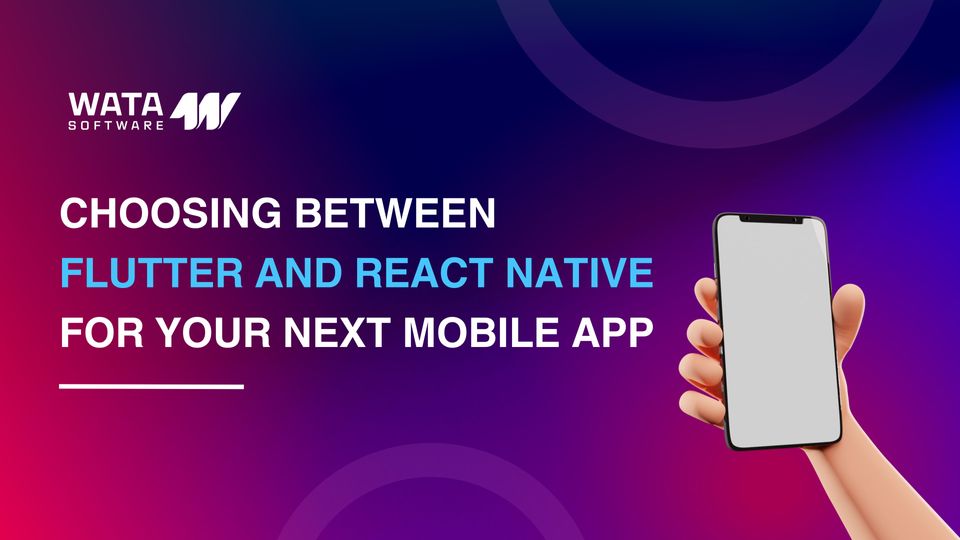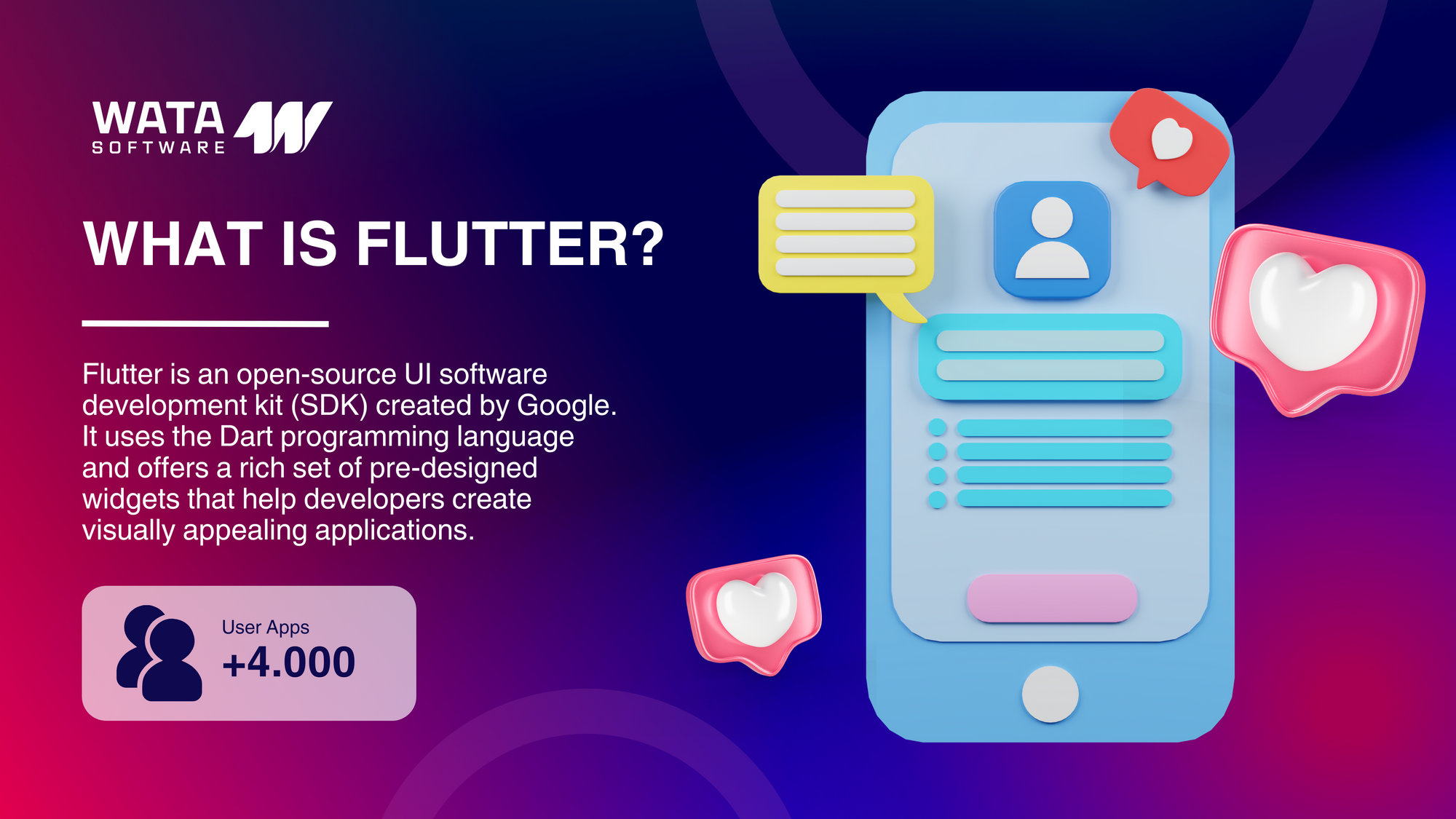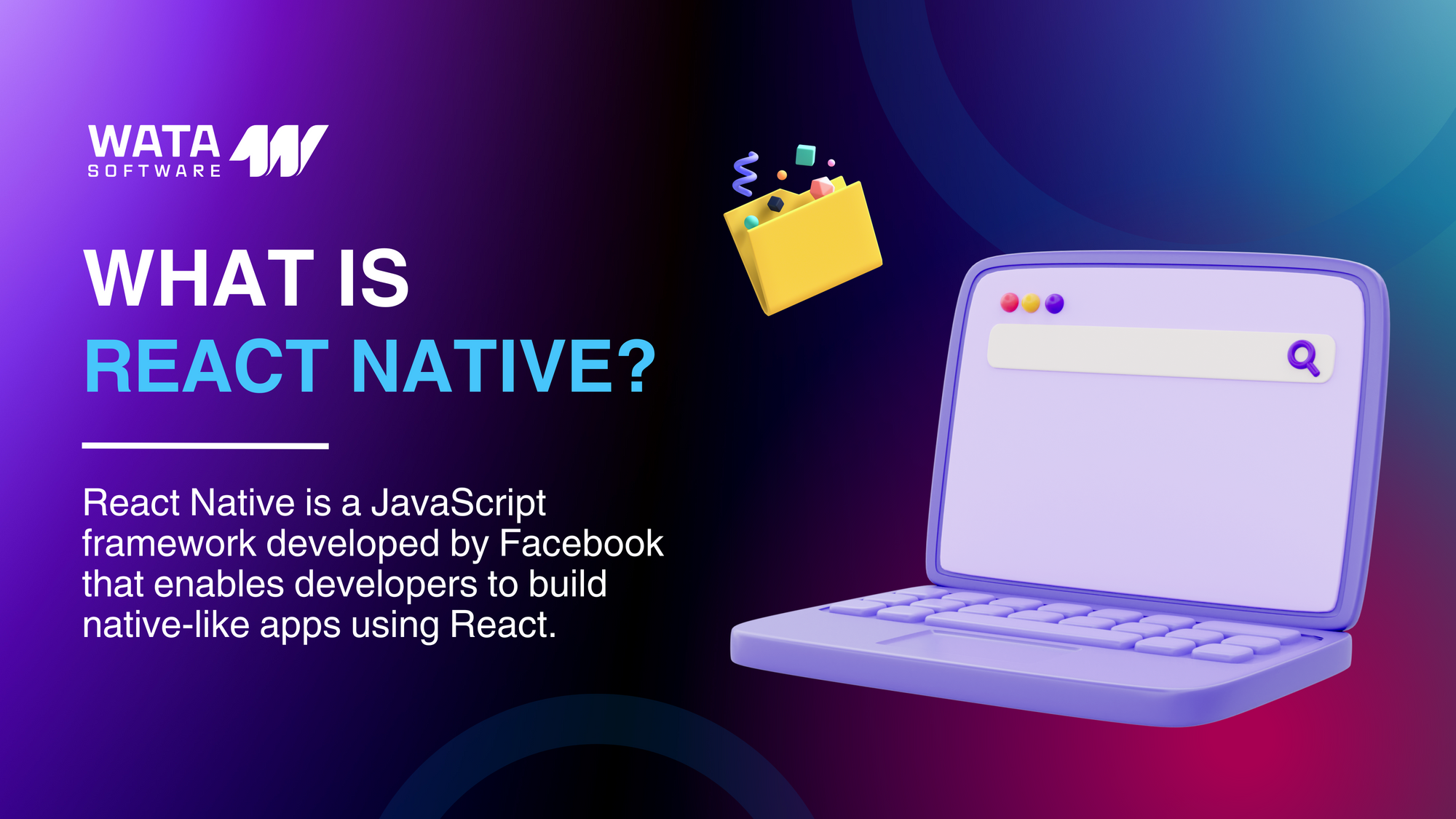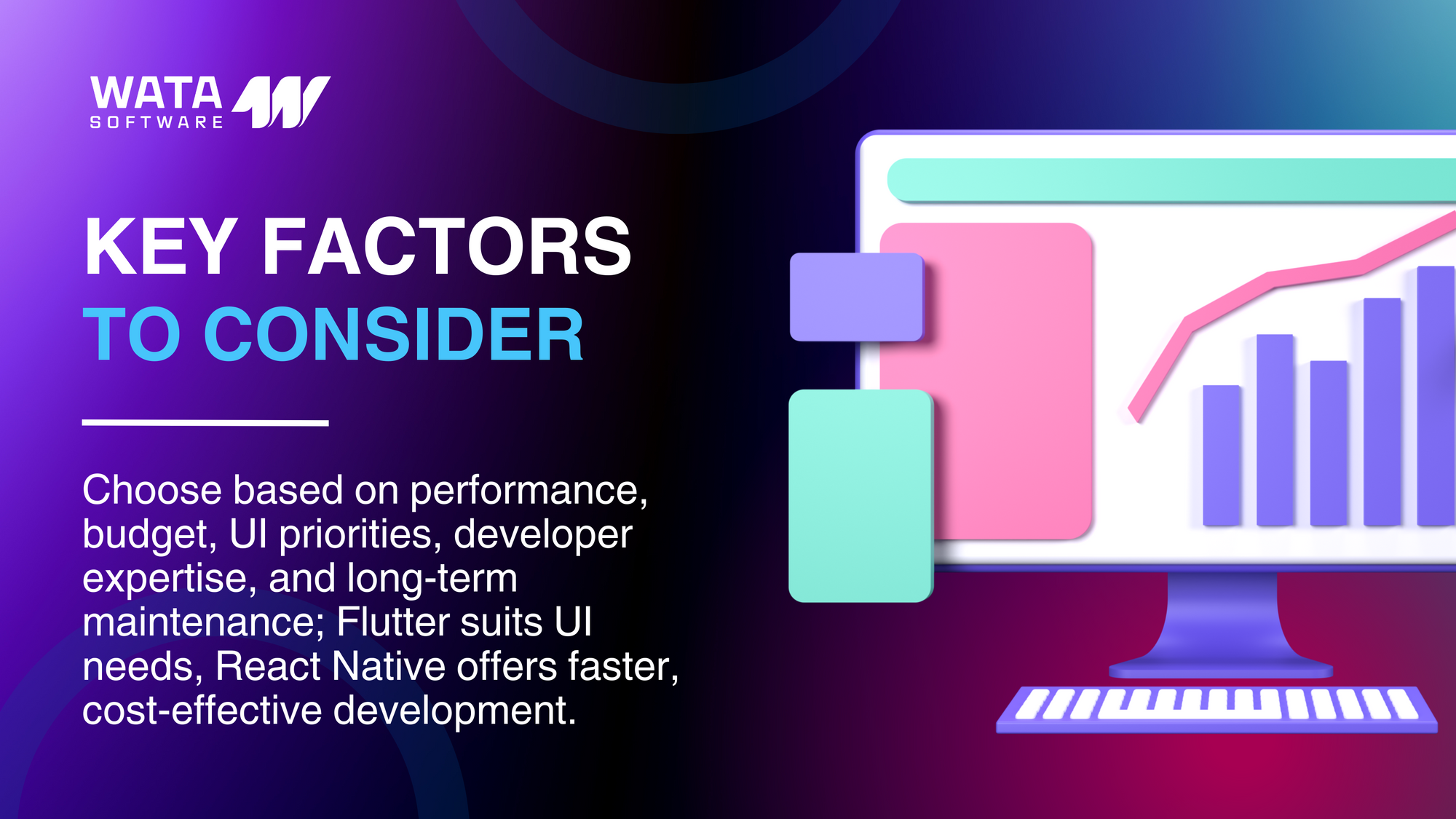Choosing Between Flutter and React Native for Your Next Mobile App

In today's mobile-first world, choosing the right framework for app development can make or break your project's success. Two of the most popular cross-platform frameworks are Flutter and React Native. Both offer the ability to build apps for iOS and Android from a single codebase, but they come with unique strengths and trade-offs. So, which one should you choose for your next mobile app? Let's dive in.
What Is Flutter?
Flutter is an open-source UI software development kit (SDK) created by Google. It uses the Dart programming language and offers a rich set of pre-designed widgets that help developers create visually appealing applications.

Pros of Flutter:
- High Performance: Flutter compiles directly to native ARM code, resulting in smooth performance.
- Rich UI Components: Offers a wide range of widgets and customizations.
- Hot Reload: Instantly view code changes without restarting the app.
- Single Codebase: One codebase for both iOS and Android.
Cons of Flutter:
- Dart Language: Developers need to learn Dart, which is less common than JavaScript.
- App Size: Flutter apps can be larger in size compared to native or React Native apps.
- Limited Third-Party Libraries: Although growing, the ecosystem is not as mature as React Native.
What Is React Native?
React Native is a JavaScript framework developed by Facebook that enables developers to build native-like apps using React.

Pros of React Native:
- Familiar Language: Uses JavaScript, one of the most widely-used programming languages.
- Strong Community Support: Extensive libraries and plugins available.
- Native Modules: Easy integration with native components and third-party modules.
- Live & Hot Reloading: Speeds up the development process.
Cons of React Native:
- Performance: Not as fast as Flutter for graphics-heavy applications.
- UI Consistency: May require more effort to achieve uniform UI across platforms.
- Frequent Updates: Can lead to compatibility issues with third-party libraries.
Key Factors to Consider

1. Performance Requirements
If your app demands high performance (e.g., gaming, animations), Flutter’s native compilation might give it an edge.
2. Development Speed and Cost
React Native may be a better choice if you already have JavaScript developers, reducing learning time and costs.
3. User Interface Design
Flutter excels in delivering beautiful, customizable UIs that look the same across platforms.
4. Community and Ecosystem
React Native has been around longer and offers a more mature ecosystem with broader community support.
5. App Maintenance and Updates
Both frameworks offer hot reload, but Flutter's widget-based architecture may simplify maintenance in the long run.
Conclusion: Which Should You Choose?
- Choose Flutter if UI is a top priority, and you want high performance and control over visuals.
- Choose React Native if you need rapid development, have JavaScript expertise, or want to leverage a vast community and plugin ecosystem.
Ultimately, the decision should be based on your team's skillset, the app’s complexity, performance needs, and long-term maintenance goals.
Partner with WATA Software for Expert Mobile App Development
At WATA Software, we specialize in delivering high-quality mobile applications using both Flutter and React Native. Whether you're building an MVP or scaling an enterprise app, our expert developers help you choose the right technology and bring your vision to life.
Get in touch today to consult with our team and start your mobile app journey with confidence.




